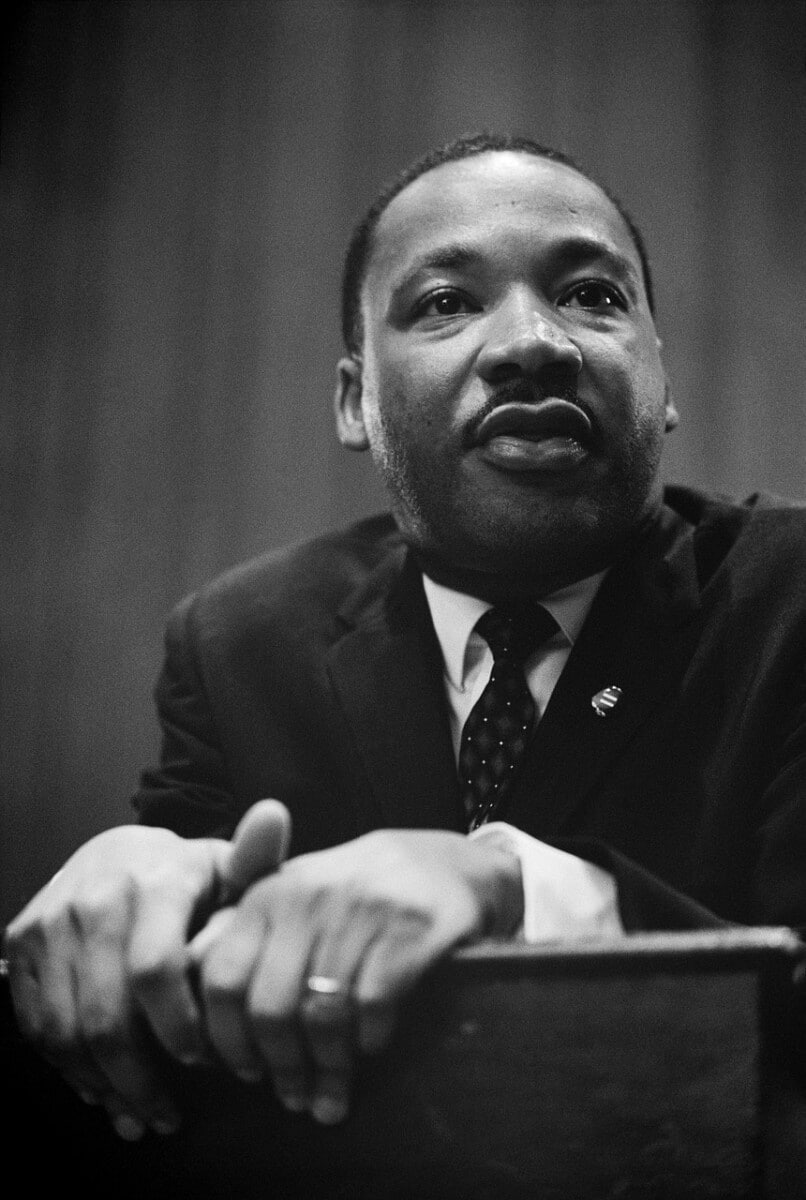Unveiling the Remarkable Life and Impact of a Civil Rights Icon
In the annals of American history, the indelible mark left by Baptist minister and social activist Dr. Martin Luther King Jr. (1929-1968) is a testament to the unwavering pursuit of justice through nonviolent means.
This featured article delves into the life and legacy of the iconic figure whose leadership was instrumental in breaking the chains of entrenched segregation for Black Americans and culminated in the historic Civil Rights Act of 1964.
Early Years and Transformation
Born Michael King Jr. on January 15, 1929, King's destiny took a turn when his father, a pastor at Atlanta’s Ebenezer Baptist Church, drew inspiration from the Protestant Reformation leader Martin Luther during a trip to Germany. This transformative experience led to the renaming of both father and son. King entered college at the age of 15, graduating from Morehouse College in 1948 with a B.A. in Sociology. His formative years were profoundly influenced by Dr. Benjamin E. Mays, the president of Morehouse College.
Continuing his educational journey at Crozer Theological Seminary and Boston University, King emerged as a valedictorian with a Ph.D. in Systematic Theology at the age of 25. During this period, he met Coretta Scott and became a member of the Alpha Phi Alpha Fraternity Inc., setting the stage for his impactful future.
Striving for Equality: A Voice for Voting Rights
King's commitment to civil rights manifested in various forms, including his advocacy for voting rights. Six years before delivering his iconic "I Have a Dream" speech at the March on Washington, he spoke at the Lincoln Memorial during the Prayer Pilgrimage for Freedom in 1957. Addressing a crowd estimated between 15,000 and 30,000, King's passionate plea for voting rights resonated, positioning him as a key figure in the civil rights movement.
Trials and Triumphs: The Stabbing Incident
In a harrowing incident on September 20, 1958, King narrowly escaped an assassination attempt at a Harlem department store. Izola Ware Curry, driven by unfounded beliefs, stabbed him with a seven-inch letter opener. Despite the close call and hours of emergency surgeries, King reaffirmed his commitment to nonviolence and expressed no malice towards his attacker.
Incarceration for Justice: A Symbol of Resistance
The struggle for justice saw King imprisoned nearly 30 times, according to the King Center. From acts of civil disobedience to trumped-up charges, such as a speeding violation in Montgomery, Alabama, in 1956, King's resolve remained unbroken. Each imprisonment became a symbol of resistance, fueling the momentum of the civil rights movement.
As we reflect on the life of Dr. Martin Luther King Jr., his legacy serves as a timeless reminder of the power of resilience, nonviolent resistance, and the enduring quest for justice. Through the pages of history, his journey remains an inspiration for generations to come.




















